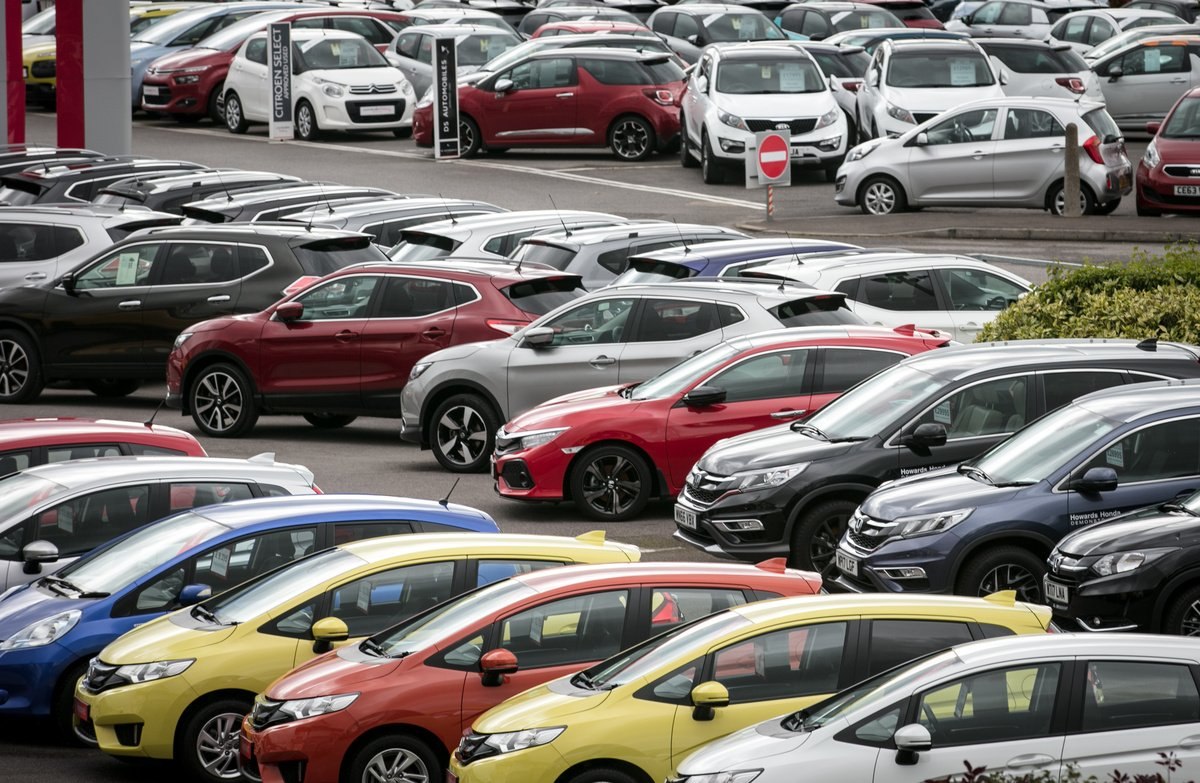Key insights:
- 69% of American car buyers now prefer gas engines, up from 54% in March 2024 – highest level since tracking began.
- EV interest is slipping: down to 11% from 16%, while diesel falls to just 3%.
- Hybrids remain stable at 18%, indicating a niche but consistent market.
- Americans prioritize price (70%), performance (61%), safety (57%), and fuel efficiency (56%) - key factors favoring gasoline vehicles.
- Only 21% cite environmental impact as a purchasing factor, underscoring a practical over idealistic approach to buying decisions.
- Gas vehicles perceived as more familiar and dependable, especially during economic and technological uncertainty.
As fuel markets fluctuate and refinery disruptions make headlines, American car buyers appear to be leaning back toward traditional gasoline engines. New data from YouGov CategoryView reveals a growing preference for gas-powered vehicles among those planning to buy a car in the next year – a signal of shifting auto market sentiment in the US.
A fire at Chevron’s El Segundo refinery near Los Angeles earlier this month disrupted one of the West Coast’s major fuel suppliers, sparking concerns of temporary price spikes. At the same time, the U.S. Energy Information Administration (EIA) expects record domestic oil output this year – a signal that any price increases may be short-lived.
This blend of short-term fuel volatility and long-term energy supply optimism sets the backdrop for shifting consumer sentiment in the US auto market.
Gas engines back in the driver’s seat
Among adults likely to buy a car within the next 12 months, preference for gas engines has increased sharply over the past 18 months. In March 2024, 54% of potential car buyers said they would choose a gas vehicle. By September 2025, that share had climbed to 69%, its highest level since tracking began in early 2024, according to YouGov Automotive consumer data.
By contrast, diesel engines have seen demand fall from 10% to just 3%, while electric vehicles (EVs) have declined from 16% to 11%. Hybrid vehicles have remained relatively stable, fluctuating between 18% and 26%, and currently stand at 18% suggesting that while hybrids continue to appeal to a consistent segment, broader adoption has not accelerated.
What drives these choices
At first glance, it might seem surprising that enthusiasm for gasoline vehicles is rising despite unpredictable fuel prices. But YouGov’s car buyer insights point to a more practical explanation. When choosing a vehicle, Americans prioritize price (70%), performance (61%), safety (57%), and fuel efficiency (56%) — all factors tied closely to everyday usability and cost.
Half of American adults (51%) also consider maintenance costs and vehicle size, while fewer (47%) cite engine type as a key factor in their car purchasing decisions.
Only one in five prospective buyers (21%) say environmental impact is important to their decision. This suggests that financial and functional considerations outweigh environmental or technological motivations for most consumers, even as public discussion around electric vehicle adoption continues to grow.
Familiarity in uncertain times
The resurgence in gas-engine preference may reflect consumers’ desire for familiarity and dependability in a period of economic and technological uncertainty. While fuel prices remain volatile, gasoline-powered cars offer predictable ownership costs and widespread fueling access, which may feel more dependable to mainstream buyers than emerging alternatives like EVs or hybrids.
As automakers continue investing in hybrid and electric vehicle technologies, YouGov CategoryView data suggests many consumers are watching the transition carefully – but for now, the majority remain comfortable sticking with what they know.
Methodology: YouGov CategoryView delivers sector-level intelligence by combining brand tracking with in-depth consumer insights. Data is collected daily from YouGov’s proprietary online panel and delivered via monthly dashboards, tailored to the unique needs of each industry. CategoryView is available across multiple verticals including Automotive, Financial Services, Quick Service Restaurants, and Beer & Hard Seltzers. It provides a representative view of market dynamics, brand performance, and consumer behaviors. Insights are weighted to nationally representative demographics within each market.
